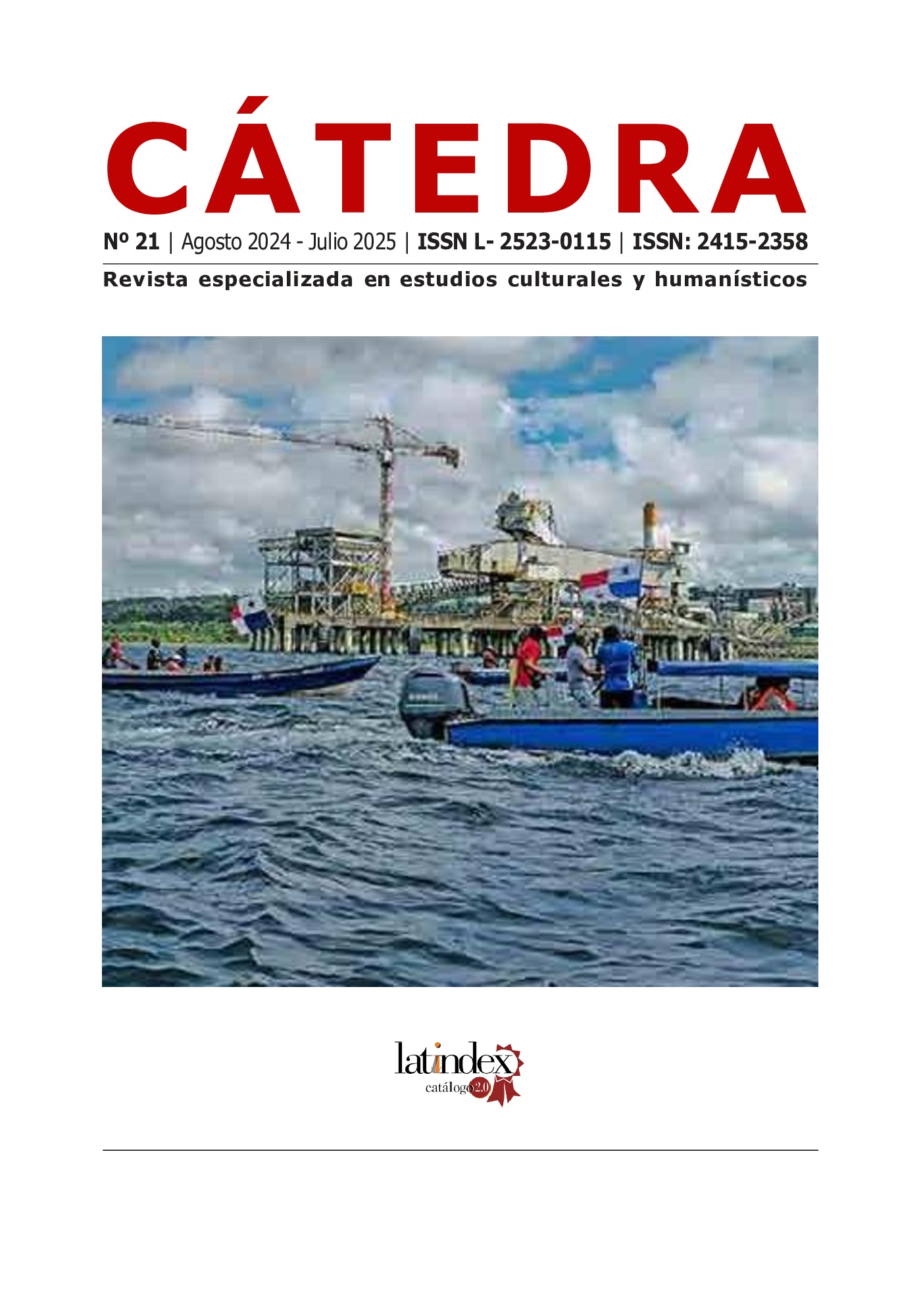

Copyright (c) 2024 Cátedra

This work is licensed under a Creative Commons Attribution-NonCommercial-ShareAlike 4.0 International License.
This analysis explains the aspects that are incorporated in the control of merchandise at the level of Central American regional trade in accordance with the new provisions established by the framework of community law and governance in the generation of public policies from the spaces of the economic subsystem that guarantee the security of trade and the fluidity of transit in the intraregional supply chain. The analysis is descriptive with a mixed approach. It seeks to describe the harmonized controls for the marketing of merchandise and the institutions of the subsystem that regulate the guidelines on security in the supply chain and also establishes the future challenges involved in the process based on the analysis of documents and statistical data. From the analysis, it is concluded that in terms of the Republic of Panama, the main challenge for the control of merchandise within the economic integration process is the progress in the exchange of information between the State parties, the establishment of common rules and parameters in the definition of risk alerts, as well as the activation of intelligence data on goods and economic agents.